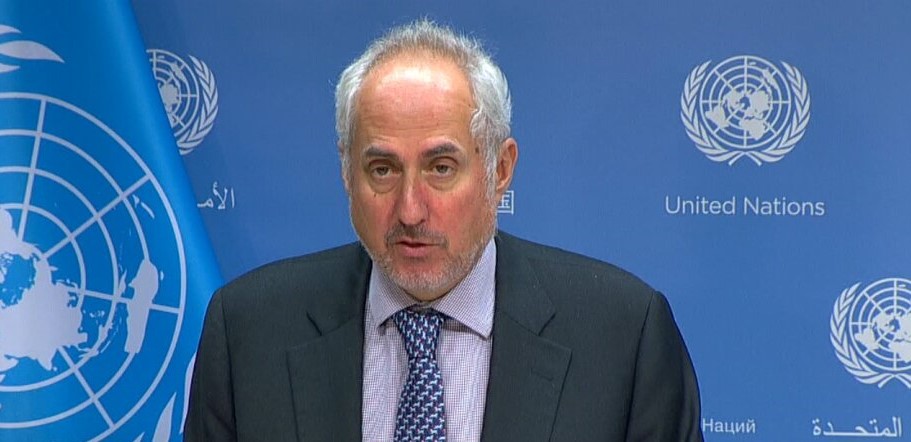The Office for the Coordination of Humanitarian Affairs (OCHA) said it remains extremely concerned over the continued mass displacement of civilians from El Fasher, the capital of Sudan’s North Darfur State, due to escalating violence since last April.
Stéphane Dujarric, the spokesperson for the UN Secretary-General António Guterres, expressed the OCHA sentiments in his noon briefing on Tuesday, in a press release.
“Over the past 10 months, more than 600,000 human beings have fled El Fasher and other localities in North Darfur to seek safety, and that is according to what the International Organization for Migration is telling us,” reads the press release.
It further notes that in recent weeks, attacks have been reported across much of El Fasher and surrounding areas, including the Abu Shouk displacement camp, the Saudi Hospital and the western areas of the town.
“As we noted yesterday, famine conditions were confirmed in Abu Shouk camp in December and are expected to persist through May of this year.”
OCHA is also alarmed by the escalating hostilities in South Kordofan, amid fighting between the Sudanese army and the Sudan People’s Liberation Movement-North.
It said that, more than 50 people– mostly women and children – were reportedly killed on Monday in the state capital, Kadugli following a series of air strikes. Over two dozen others were also injured.
As hostilities continue across Sudan, civilians face the threat of explosive remnants of war. Last week, two children were killed by unexploded ordnance in Gereida, in South Darfur State, according to the local humanitarian workers.
This year, OCHA notes, more than 13 million people in Sudan need support to address the threats of explosive hazards, but funding for response remains limited.
OCHA stresses that under international humanitarian law, parties to the conflict have a clear obligation to refrain from directing attacks against civilians and civilian objects, including vital infrastructure.
“They must take constant care to spare them, whether they are carrying out attacks or defending against them.”




